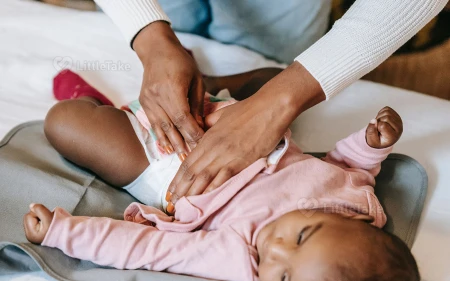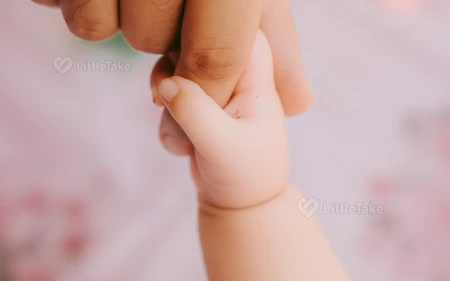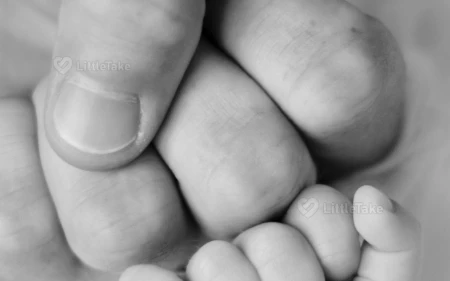
Infant CPR & First Aid Basics
Learning infant CPR and first aid is essential for parents and caregivers. Here are some basic guidelines to help you respond effectively in an emergency situation.
1. Check for Responsiveness
Tap your baby's foot and call their name. If they don't respond, they may be unconscious.
2. Call for Help
If your baby is unresponsive, have someone call 911 while you begin CPR. If you're alone, perform CPR for two minutes before calling for help.
3. Infant CPR
Place your baby on a flat, firm surface. Perform the following steps:
- Compressions: Place two fingers in the center of the baby's chest, just below the nipple line. Press down about 1.5 inches at a rate of 100-120 compressions per minute.
- Rescue Breaths: Cover the baby's mouth and nose with your mouth. Give two gentle breaths, watching for the chest to rise.
- Alternate between 30 compressions and two rescue breaths until help arrives or your baby begins to breathe on their own.
4. Infant Choking
If your baby is choking, perform the following steps:
- Back Blows: Hold the baby face-down on your forearm with their head lower than their chest. Support their head and neck with your hand. Give five firm back blows between the shoulder blades with the heel of your hand.
- Chest Thrusts: Turn the baby face-up on your forearm, still supporting their head and neck. Place two fingers in the center of their chest and give five quick chest thrusts.
- Alternate between back blows and chest thrusts until the object is dislodged or help arrives.
Consider taking a certified infant CPR and first aid course to gain hands-on practice and learn additional life-saving skills.













